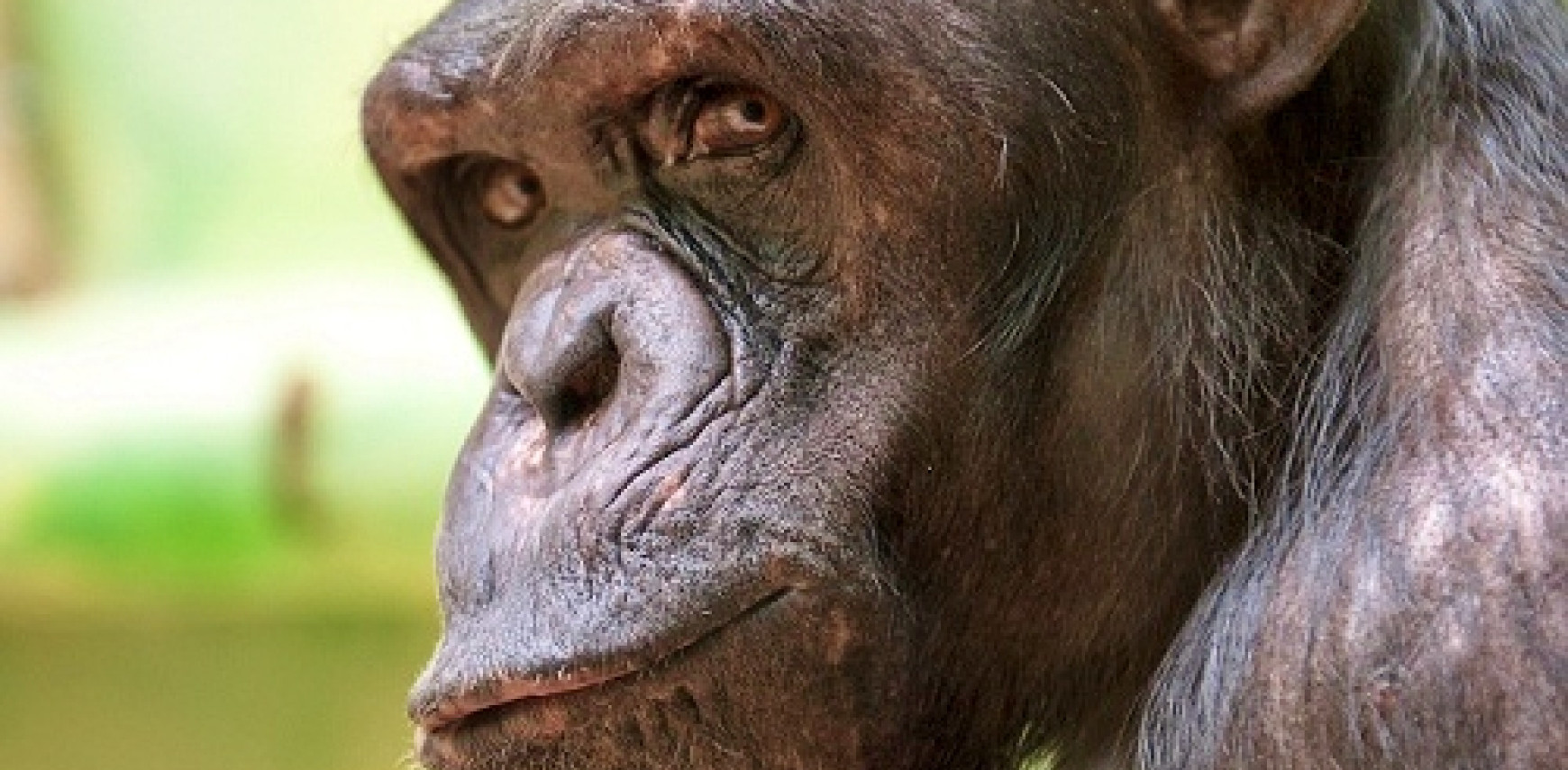Environment modifies the DNA of chimpanzees and determines personality
If you take a moment to observe our chimpanzees during your visit to the zoo, you will soon notice that they have different personalities just like humans. You have animals that like to cause a scene like Lomela and Tuma, but also rather cautious and more fearful animals that prefer to avoid conflicts such as Nancy and Jamie. It's in their DNA!
But what explains these differences in personality?
Personality is formed on the one hand by the environment in which chimpanzees live. When Nancy and Jamie spend their entire lives with troublemakers like Tuma and Lomela, it contributes to the development of a rather cautious nature later in life. But on the other hand, chimpanzees also have a natural predisposition to aggressive or cautious behaviours. And that is partly recorded in their DNA at birth. After all, certain pieces of DNA provide important hormones that are involved in the regulation of personality. Each animal has a unique genetic profile, and thus, for example, produces higher or lower levels of stress hormones.
The environment directly affects the DNA through "DNA methylation"
My research shows that chimpanzees like Tuma and Jamie not only show differences in their DNA, but that the environment determines how well that DNA can be read and how many hormones are ultimately present in the brain. That is because the environment in which the animals grow up – what they eat, how much stress they have, whether they were raised by caretakers or their own mother, etc. – helps determine whether certain pieces of DNA are switched on or off by a process called "DNA methylation". For example, animals that experience little stress throughout their lives show a different DNA methylation profile later in life than animals that have experienced a lot of stress for a long time. This in turn can then lead to a higher sensitivity to substances like serotonin and dopamine that give us a blissful and relaxed feeling.
What environmental factors cause differences in methylation?
So, my research shows that, as in humans, environmental factors can have long-lasting effects on the personality of animals through changes in their DNA methylation. But what these factors are is difficult to determine and still largely unknown in chimpanzees. Our research shows, however, that a difference in social rearing of young chimpanzees – by human caretakers versus their own mothers – seems to have little influence on their methylation profile as an adult. Which factors explain the variation in methylation will have to be clarified by further research.
The links to the publication can be found here (MDPI) and here (Epigenetics)

